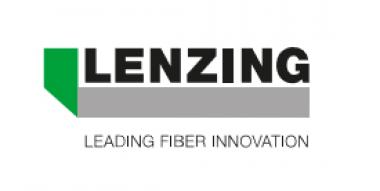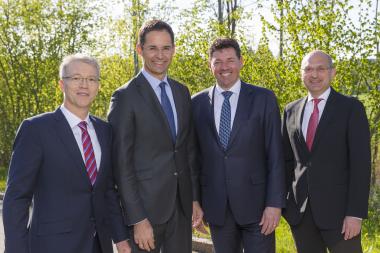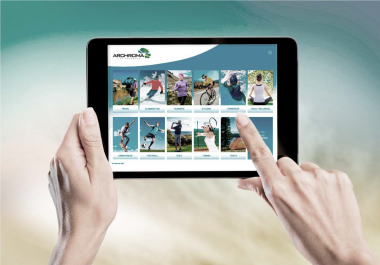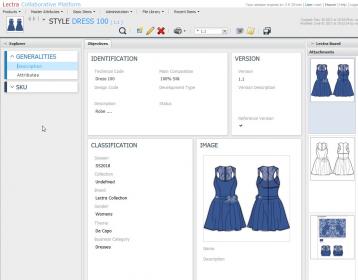Lenzing Group achieves best half-year results in its history
- Revenue up 11 percent to EUR 1,149.1 mn
- EBITDA increase of 38.8 percent to EUR 270.7 mn
- Detailed planning for new production plant for TENCEL® fibers in Thailand in Progress
- New sales offices opened in Turkey and Korea
- New EcoVeroTM branded viscose fibers with very favorable ecological footprint launched
The Lenzing Group generated new record highs in the first half of the 2017 financial year for both revenue and earnings. The key underlying factors were good capacity utilization, higher selling prices and an attractive product mix. Lenzing will continue to focus on the disciplined implementation of the Group strategy sCore TEN, in order to be even closer to the customer and to further expand the offering of specialty fibers.
Consolidated revenue increased by 11 percent from the first half of the previous financial year to EUR 1,149.1 mn. Consolidated earnings before interest, tax, depreciation and amortization (EBITDA) were up 38.8 percent to EUR 270.7 mn, corresponding to an EBITDA margin of 23.6 percent in comparison to 18.9 percent in the prior-year period. Earnings before interest and tax (EBIT) increased by 57.4 percent to EUR 204.2 mn, resulting in a higher EBIT margin of 17.8 percent (H1 2016: 12.5 percent). The profit for the period improved by 58.9 percent to EUR 150.3 mn, and earnings per share climbed 59 percent to EUR 5.55 per share.
“The first half-year developed very well for the Lenzing Group, and we are pleased with the best half-year period in the company’s history. We will continue our disciplined implementation of the sCore TEN strategy. The expansion of new state-of-the-art production capacities for our specialty fibers is proceeding well and will support our customers in their own expansion efforts for products made of our botanic fibers. The decision to set up a subsidiary and acquire a respective landplot in Thailand is the next step in the implementation of this strategy. On the innovation side we are proud that after the introduction of RefibraTM branded lyocell fibers, we launched now EcoVeroTM. This is a particularly high-performance fiber featuring a very favorable ecological footprint and sets the new benchmark for the entire industry – from fiber to garment”, states Stefan Doboczky, Chief Executive Officer of the Lenzing Group. “Assuming that fiber market conditions remain at current levels, we expect a substantial earnings improvement in 2017 compared to 2016.”
The wood-based cellulose fiber segment, which is relevant for Lenzing, should again outpace the overall fiber market. The demand for these cellulose fibers was very good in the first half year of 2017, with the long-term trend pointing towards further growth in viscose and, above all, wood-based cellulose specialty fibers. On the supply side, the market is not expected to see the entry of any notable new production capacity in 2017.
The Lenzing Group had an excellent first half year 2017 and registered strong demand for its fibers during the first two quarters which, in turn, led to continued very high capacity utilization in all product groups. The market price index for viscose fibers was substantially higher than in the comparable prior year period. Under the assumption of unchanged conditions in the fiber market and stable exchange rates, Lenzing expects a considerable improvement in results in the fiscal year 2017 compared to 2016.










